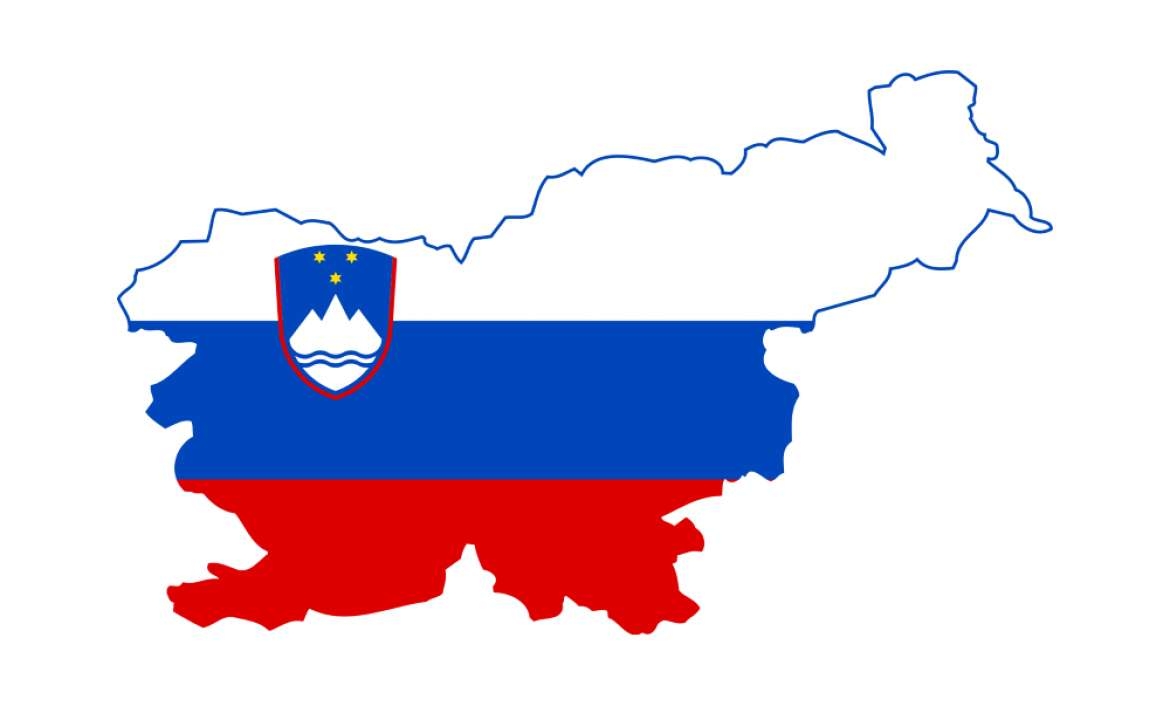Slovenia is marking this week 30 years since holding its first free multi-party elections. The winning coalition of parties that formed an opposition to the Communist Party and its affiliates, would lead the country to independence a year later. Speaking today, two officials elected at the time say the country has not realised its full potential.
The late 1980s Slovenia, then still part of Yugoslavia, saw a buzz of burgeoning efforts by scholars, authors, cultural workers and some politicians pushing for the country to introduce a pluralist democratic system and market economy and to break away from the socialist federation.
Gathering momentum through a series of landmark events such as the publication of a manifesto for Slovenia’s independence in the 57th volume of the literary journal Nova Revija, the JBTZ trial and the mass protests it triggered, the May Declaration calling for independence and the Slovenian delegation’s walking out of the Communists of League of Yugoslavia, the campaign led to the first multi-party election on 8 April 1990.
On that day voters picked two-thirds of the delegates to the 240-member tricameral Assembly; 80 delegates to the socio-political chamber as the most important house, and 80 delegates to the chamber of local communities, with the election to the chamber of “associated labour” following on 12 April.
Of the 83.5% of the eligible voters who turned out, 54.8% voted for DEMOS, the Democratic Opposition of Slovenia, who brought together the parties that had been founded in the year and a half before as part of the democratic movement that demanded an end to the one-party Communist regime. DEMOS formed a government which was appointed on 16 April with Lojze Peterle as prime minister.
The winner among individual parties was the League of Communists of Slovenia – Party of Democratic Renewal (ZKS-SDP), the precursor to today’s Social Democrats (SD). The party won 14 seats in the socio-political chamber, which would evolve into today’s lower chamber, the National Assembly.
However, with the exception of the chamber of associate labour, DEMOS won a convincing victory in the then Assembly, winning 47 out of the 80 seats in the socio-political chamber, of which 11 were secured by the Slovenian Christian Democrats (SKD).
Along with parliamentary elections, Slovenians also cast their vote for the chairman and four members of the collective presidency. Milan Kučan, the erstwhile Communist leader, was elected chairman after defeating DEMOS leader Jože Pučnik in the run-off on 22 April with 58.59% of the vote. Matjaž Kmecl, Ciril Zlobec, Dušan Plut and Ivan Oman were elected members of the presidency.

